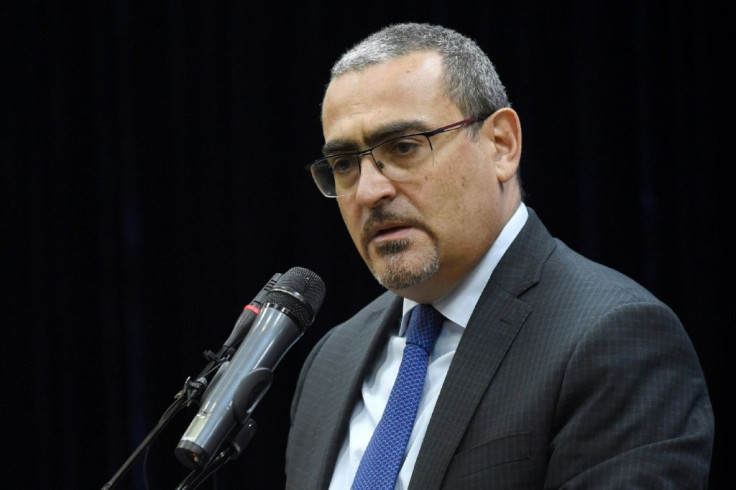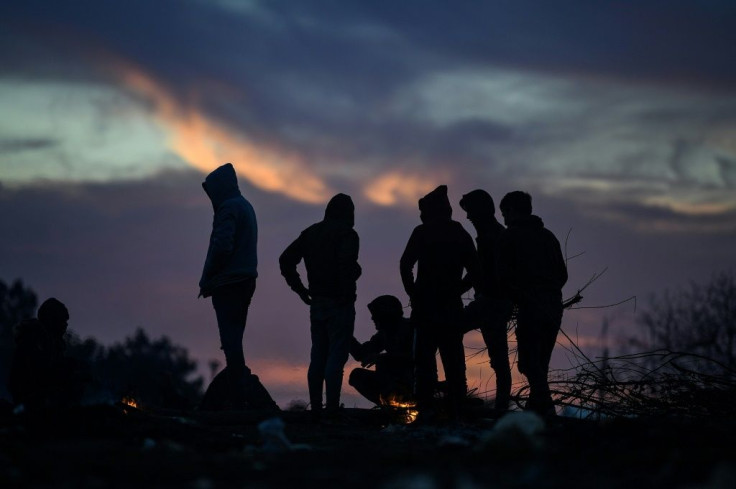Kabul Urges Europe To Halt Forced Deportations Of Afghans
Afghanistan has urged European countries to halt forced deportations of Afghan migrants for the next three months, as security forces battle a wave of violence triggered by a dizzying Taliban offensive.
The United Nations said on Sunday the rising conflict is also causing "more suffering" across the violence-wracked country as it urged for continuous financial aid.
Afghanistan is facing a crisis as the insurgents snap up territory across the countryside, stretching government forces and leading to a fresh wave of internally displaced families, complicated by a renewed outbreak of Covid-19.
"The escalation of violence by the Taliban terrorist group in the country and the spread of the third wave of (Covid-19) have caused a great deal of economic and social unrest, creating concerns and challenges for the people," Afghanistan's refugees and repatriation ministry said in a statement on Saturday.
"The government's decision emphasises that host countries should refrain from forcibly deporting Afghan refugees... for the next three months," the ministry said, adding that the return of Afghans from Europe was worrying.

There were almost 2.5 million registered refugees from Afghanistan in 2018 -- the second-largest refugee population in the world, according to the United Nations refugee agency.
The vast majority are in neighbouring Pakistan, followed by Iran, and Europe.
While more than 570 Afghan refugees voluntarily returned to the country between January and March this year, aided by the UN, just six came from outside Pakistan and Iran, according to data from the UN's refugee agency.

Afghans make up a sizeable share of EU asylum seekers, with 44,190 first-time applications last year, out of a total of 416,600, according to Eurostat, the EU's statistics agency.
Italian Prime Minister Mario Draghi last month said Europe should brace for a fresh inflow of migrants from Afghanistan after foreign forces leave the country.
This year, several EU countries agreed to offer asylum to Afghans who worked with foreign troops and are at risk of retaliatory attacks from the Taliban.
Afghanistan recorded more than 1,000 cases of Covid-19 on Sunday, the health ministry said.
Almost 135,000 cases and more than 5,700 deaths have been reported since the pandemic began, with the country reliant on donations from the international community to vaccinate its population.
Ramiz Alakbarov, the United Nations Deputy Special Representative for Afghanistan, said the country was also facing increased difficulties with the growing conflict since the Taliban launched their dizzying offensive.
"Pre-existing humanitarian needs are further exacerbated," he told reporters, adding that at least half of the country's 33.5 million people needed humanitarian assistance.
The "escalation of military activities and escalation of conflict and war is causing more suffering" apart from drought and Covid concerns, Alakbarov said.
He said that so far this year 25 humanitarian aid workers were killed while delivering relief items to the needy.
He called for continued financial support to meet Afghanistan's humanitarian assistance, adding that $450 million had come so far as global donations following an appeal of $1.3 billion made for 2021.
"The needs are so much greater, and continued assistance is needed," Alakbarov said.
© Copyright AFP 2024. All rights reserved.





















